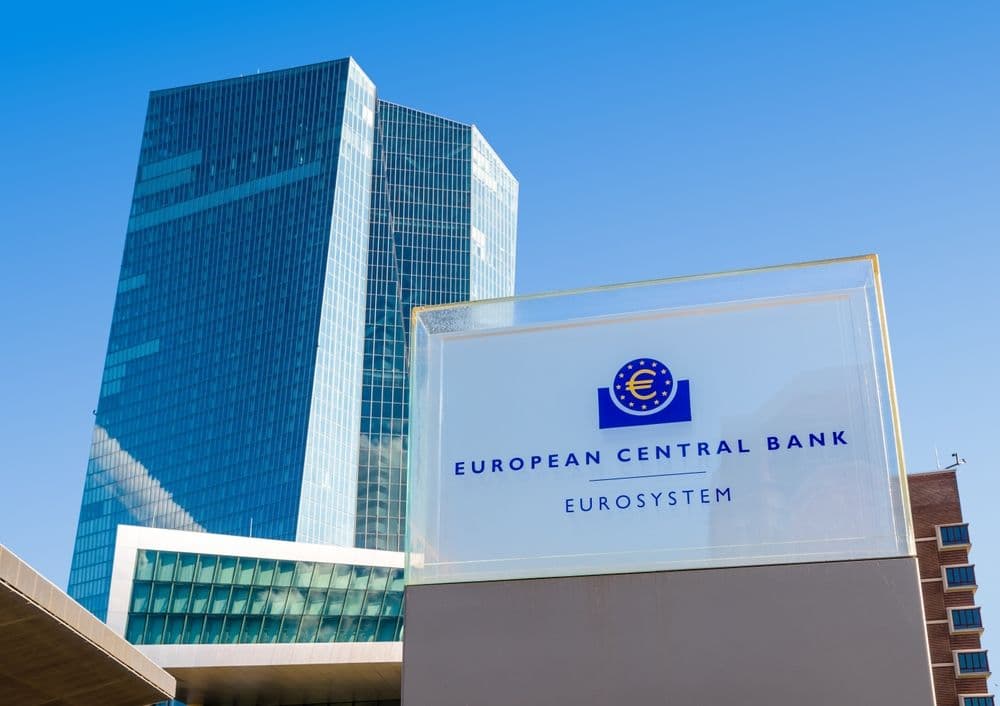The European Central Bank (ECB) is sounding the alarm over what it sees as a looming “crypto apocalypse” in Europe, warning that President Donald Trump’s aggressive pro-crypto policies could threaten the continent’s financial stability. The concern follows Trump’s return to the White House and his administration’s active endorsement of cryptocurrency innovation and deregulation in the U.S.
According to a Politico report citing unnamed ECB officials, the central bank fears a wave of U.S.-backed stablecoins - particularly dollar-pegged assets - flooding European markets.
One source warned that the rapid cross-border adoption of these stablecoins could cause “major disruption” to European monetary systems, highlighting the risk of contagion from inadequately regulated crypto markets.
EU Institutions Clash Over Crypto Threat
The ECB’s warning has sparked friction within European institutions. The European Commission (EC) reportedly dismissed the central bank’s position as overly alarmist, accusing it of misinterpreting EU crypto regulations. Sources say the EC emphasized its confidence in MiCA - the EU’s landmark Markets in Crypto-Assets Regulation - arguing that the existing framework is robust and up to the challenge.
MiCA, which positions the EU as a global leader in crypto regulation, was initially hailed as a comprehensive approach to digital asset oversight. However, ECB officials now suggest the law lacks the specificity needed to regulate multi-issuer stablecoin models being aggressively developed in the United States under Trump’s leadership.
Dollar-Backed Stablecoins at the Center of the Storm
Dollar-pegged stablecoins remain a key concern for European regulators. These assets dominate the global stablecoin market, representing more than 99% of the $240 billion total supply. The ECB worries that Trump’s push to globalize dollar-backed digital currencies—without coordinated oversight or regulatory alignment - could undermine monetary sovereignty in Europe.
The U.S., meanwhile, is sending strong signals that it intends to make American stablecoins a core part of its global financial influence. Backed by Trump’s public support, firms are moving forward with new dollar-denominated products aimed at international users, further stoking regulatory tensions across the Atlantic.
Trump’s Pivot to Pro-Crypto
Trump’s dramatic pivot from crypto critic to champion played a notable role in his 2024 presidential comeback. Once calling Bitcoin a “scam,” Trump has since pledged to turn the U.S. into a global crypto powerhouse. His policy proposals include eliminating capital gains taxes on crypto transactions, opposing a government-issued central bank digital currency (CBDC), and promoting domestic crypto mining and startups.
This pro-crypto platform has energized American blockchain companies and investors, many of whom see the administration’s stance as a green light for expansion. However, the ECB sees this same policy shift as a destabilizing force, fearing that unregulated digital assets could sidestep traditional financial safeguards in Europe.
Global Financial Systems at a Crossroads
The standoff between U.S. crypto expansion and European regulatory caution reflects broader geopolitical dynamics in the financial sector. While the U.S. leans into crypto innovation under Trump, Europe appears increasingly cautious, wary of potential risks to its economic sovereignty and regulatory frameworks.
With both sides pursuing divergent strategies, the coming years could define the global balance of power in digital finance. For now, the ECB is calling for urgent updates to MiCA and broader international coordination - before dollar-based crypto dominance becomes irreversible.



